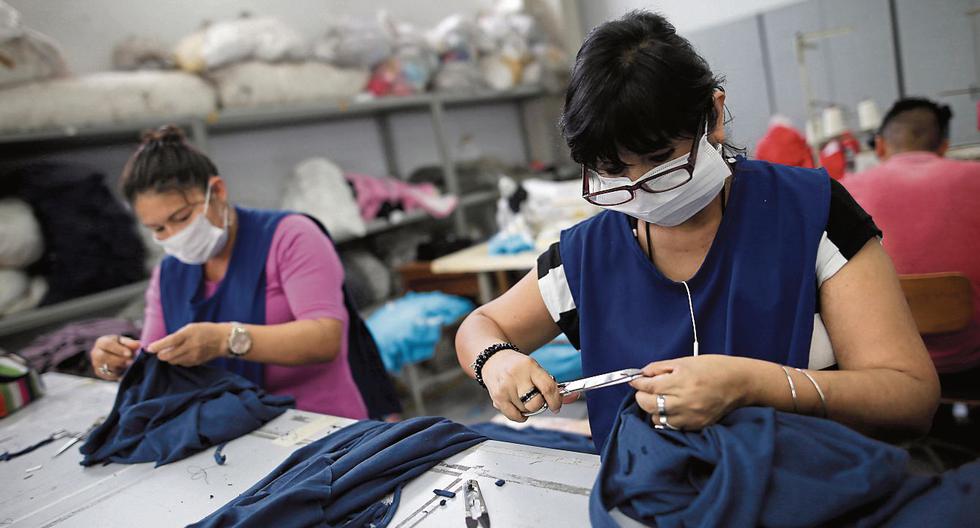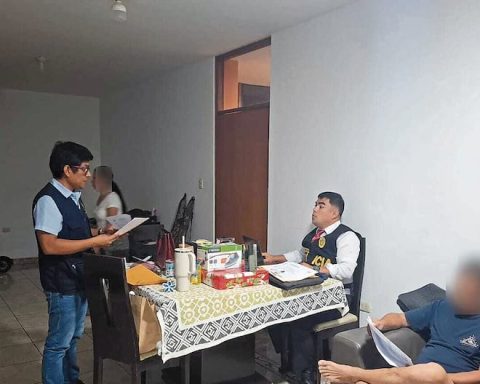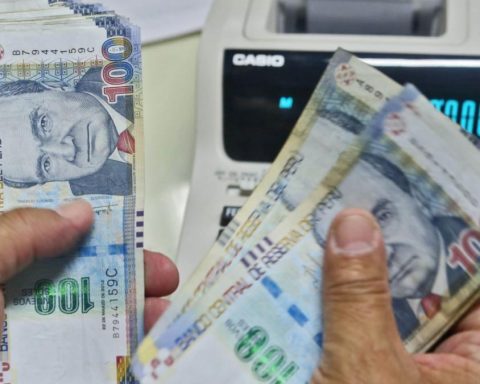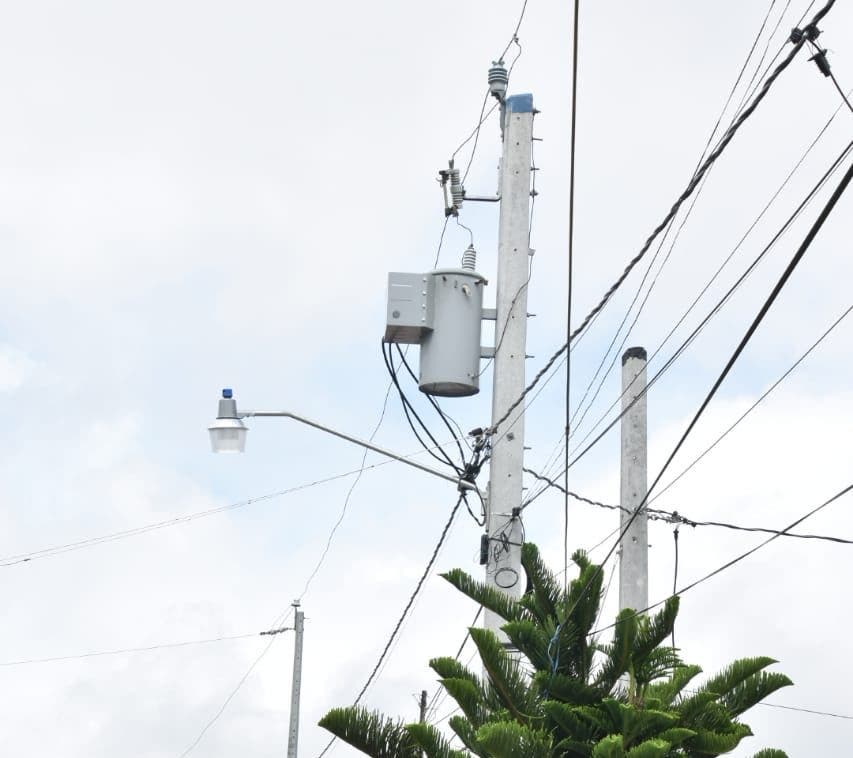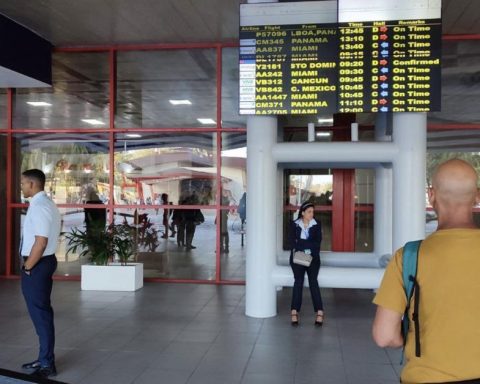The Andean Community (CAN) -which includes Peru, Colombia, Ecuador and Bolivia- will strengthen micro, small and medium-sized enterprises (MSMEs), promote the reactivation of tourism, among other aspects of economic recovery, reported the Minister of Foreign Trade and Tourism, Robert Sanchez.
From this Monday, Peru assumes the Pro Tempore Presidency (PPT) of the Andean Community (CAN), an integration space to work on strategies that allow improving the quality of life of its inhabitants.
LOOK: What are the technological specialties with the highest demand and the best salary in Peru?
The head of Mincetur indicated that from his sector, as part of the Andean Community Commission, efforts will be directed at three axes: economic recovery, interconnectivity and institutional matters.
“We need to look inside our countries. Trade between our regions exceeds US$ 8,660 million. This means jobs, growth and development for our citizens”, Sanchez said.
Within the economic recovery approach, the minister highlighted five pillars of the work plan: strengthening of MSMEs, reactivation of tourism, promotion and improvement of trade facilitation and customs cooperation, strengthening of intellectual property, and the strengthening and use of the mechanisms of free competition.
“We have an obligation to look at our microentrepreneurs. If we focus on the trade ranking, we will know that they need much more determined support from our economies. We want to strengthen the digital system to integrate our Foreign Trade Single Windows. We are sure that in this way we will strengthen the development of the community”, he added.
In terms of institutional matters, the Mincetur has proposed the strengthening of the dispute resolution system, which implies continuing the discussion of the mandatory observance precedent (POO) in the Dispute Resolution Group (GSC), to incorporate this figure. to the processing of preliminary interpretation requests submitted by judges, administrative authorities and arbitrators of the member countries before the TJCAN.
Added to this are the two plans regarding the interconnectivity axis: physical interconnection, which implies promoting the approval of the sanctions regime for carriers authorized for international passenger transport by road; and the promotion of a regional digital market that promotes the use of electronic commerce in the region and promotion of the liberalization of services.
